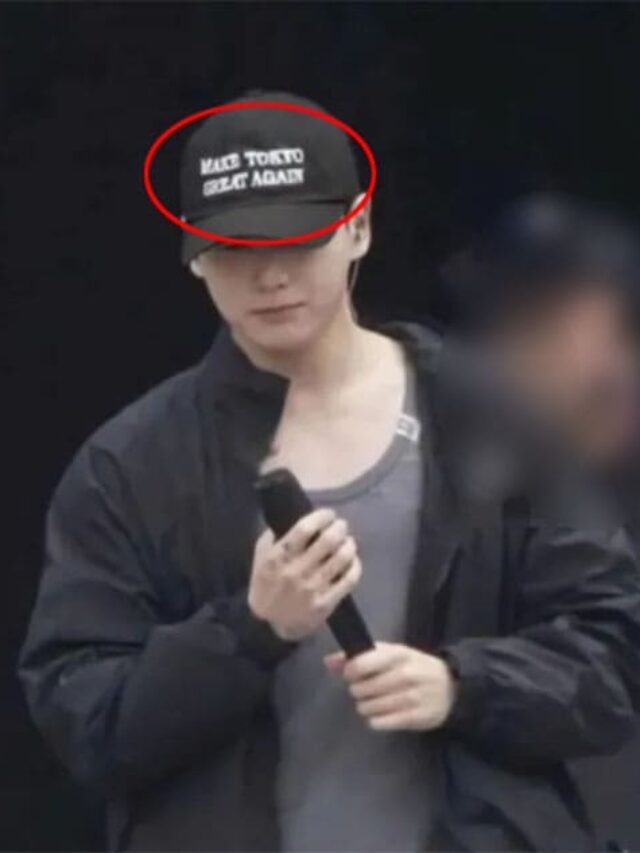
BTS Jungkook controversy has triggered massive debates online after the K-pop international sensation was spotted sporting a cap that says “MAKE TOKYO GREAT AGAIN,” a slogan associated with Japanese right-wing ideologies. The word, which is similar to the campaign catchphrase of then-U.S. President Donald Trump “Make America Great Again,” has politically controversial connotations in Japan, and the resulting vehement backlash from fans and detractors alike.
Jungkook Apology on Weverse
On June 14, BTS member Jungkook went to Weverse to speak directly on the issue and make a sincere apology. The Jungkook apology Weverse post is as follows:
“Hello, this is Jungkook.”.
I deeply regret upsetting and causing many to be uncomfortable because of the slogan on the hat I wore to rehearsal. I take the responsibility that I offended and disappointed you because I didn’t fully grasp the political and historical significance in the phrase.There is no defense. I was irresponsible and careless. I accept all criticism thrown my way, and I have discarded the hat immediately.”
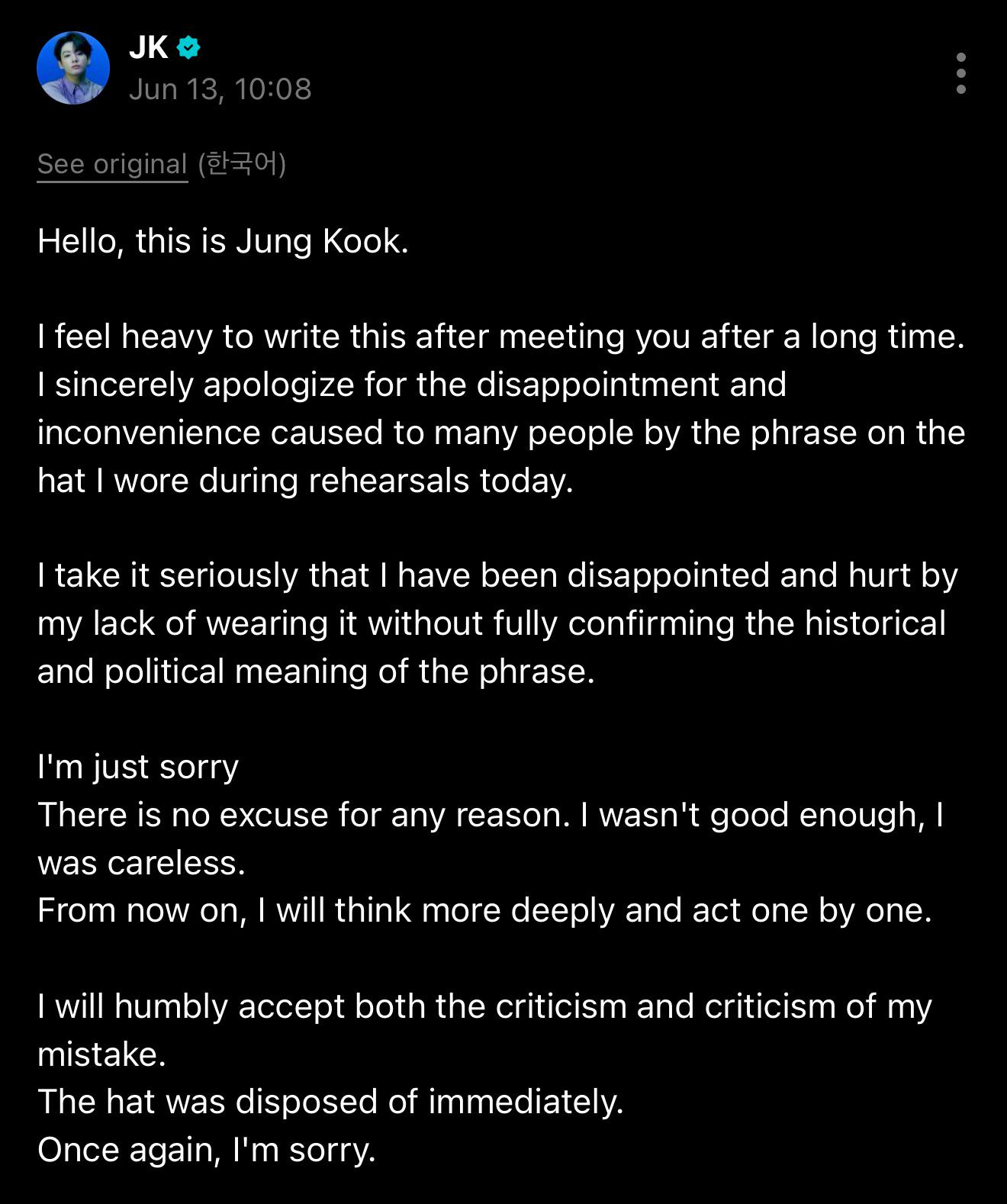
What is “MAKE TOKYO GREAT AGAIN” Meaning?
In order to put context in place to the BTS Japan controversy outlined, the term “MAKE TOKYO GREAT AGAIN” is viewed by many as a right-wing movement in Japan. It is frequently interpreted as a nationalist expression that resonates with conservative political ideologies. Though it mocks Trump’s infamous campaign slogan, it has implications of Japanese imperial nostalgia, which can be very sensitive due to past tensions within East Asia.
Jungkook’s decision to sport a hat with this slogan—even inadvertently—was taken as a faux pas, particularly from fans who know the MAKE TOKYO GREAT AGAIN meaning and how it would be interpreted in the country’s political environment.
How the Controversy Started
The BTS Jungkook hat controversy started on June 13 during a rehearsal for J-Hope’s world tour encore concert, when Jungkook appeared unexpectedly. Images and videos posted online displayed him sporting the controversial hat, and his fans quickly raised eyebrows and called for explanation.
Swift Response and Responsibility
In his Weverse apology, Jungkook highlighted that he knew nothing about the history behind the phrase and insisted that there is “no room for excuses.” He mentioned that the hat had already been thrown away and promised to be more careful in the future.
“From now on, I will think more deeply and act accordingly. I will humbly accept all criticism regarding my mistake.”
Public Reaction and Support
Though some fans dissed the oversight, most of them have received Jungkook’s candid and prompt response with gratitude. His choice of explicitly admitting the blunder and taking responsibility for it has been greeted by fans across all communities.
BTS Japan Controversy Explained
This event has contributed to renewed debate regarding the international extent of K-pop and how celebrities such as Jungkook need to handle complicated cultural and political context. The BTS Japan controversy discussed herein illustrates the influence of even subtle political imagery, particularly for celebrities with global followings.
Final Thoughts
The Jungkook apology Weverse post is a reminder of the huge burden of responsibility that comes with being a public figure. The BTS Jungkook hat controversy was perhaps an innocent mistake, but the incident is a reminder of the need for cultural sensitivity and awareness, particularly where symbols carrying political meaning are concerned.
As Jungkook moves forward in his post-military life, his fans wish that this experience would be a good lesson—not only for him but for the whole entertainment industry as well.
Explore More BTS New
J-Hope Final Concert: BTS Unites with 520,000 ARMYs for Emotional Goodbye

Shahana khan is a pop culture writer and K-pop enthusiast who covers BTS, global K-pop trends, and fan culture. With a strong interest in music journalism and online media, they focus on sharing accurate updates, fan-focused insights, and original commentary for international K-pop audiences.
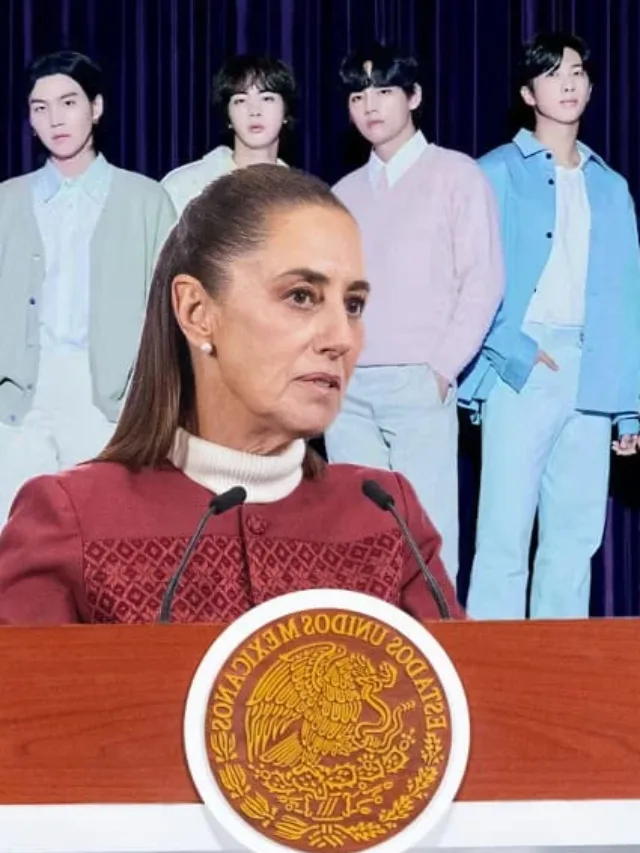
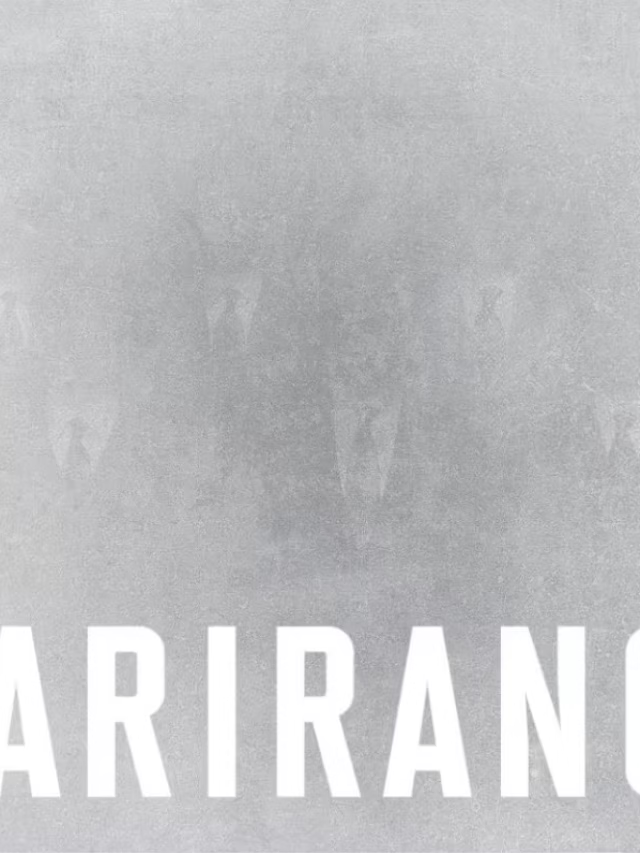
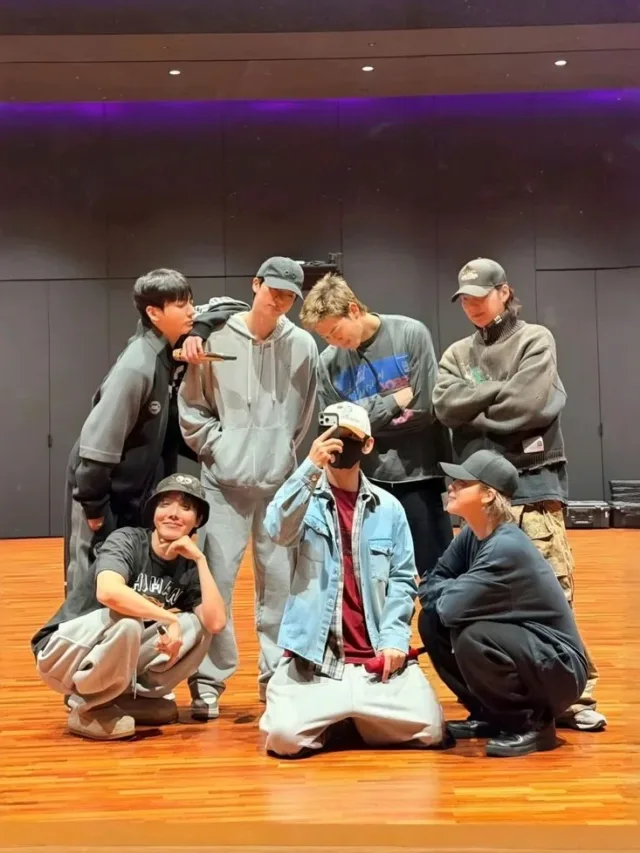

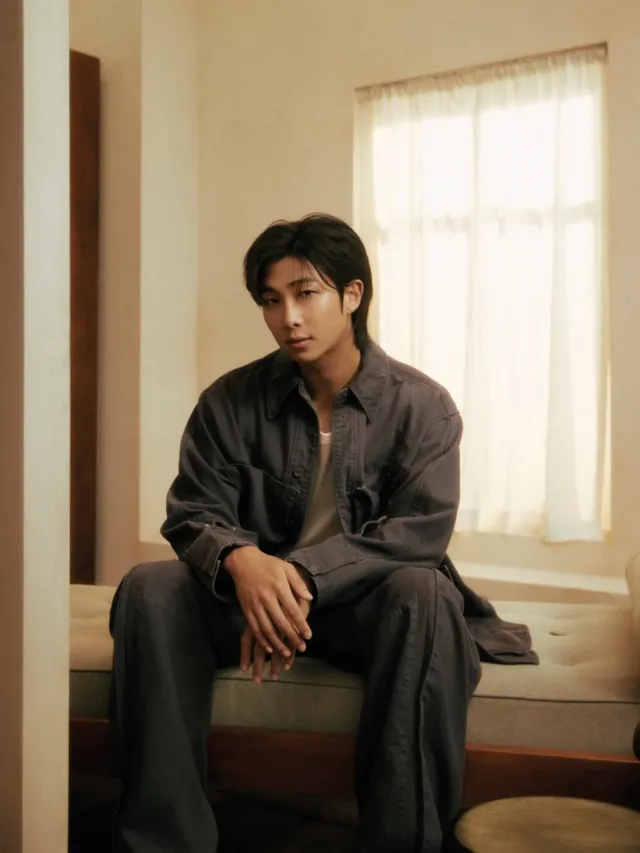
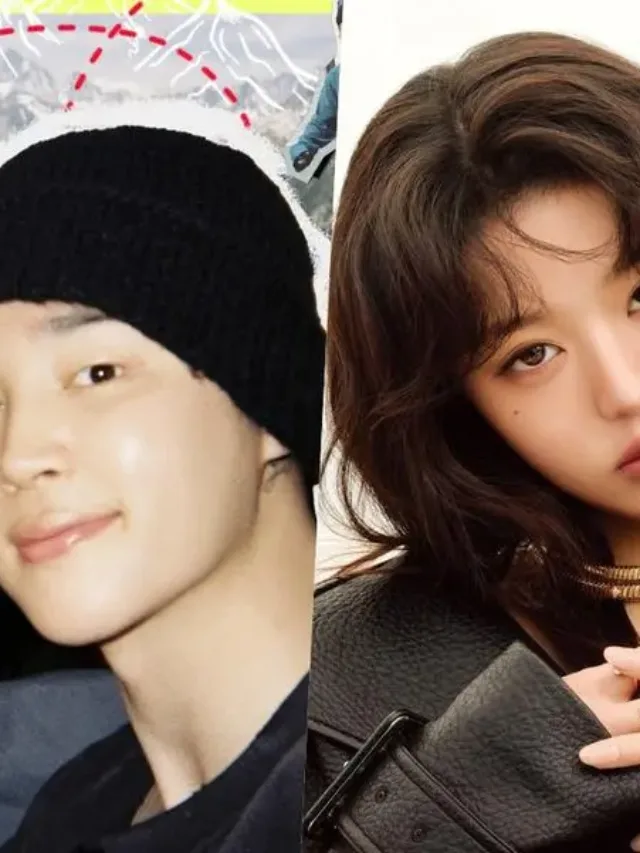
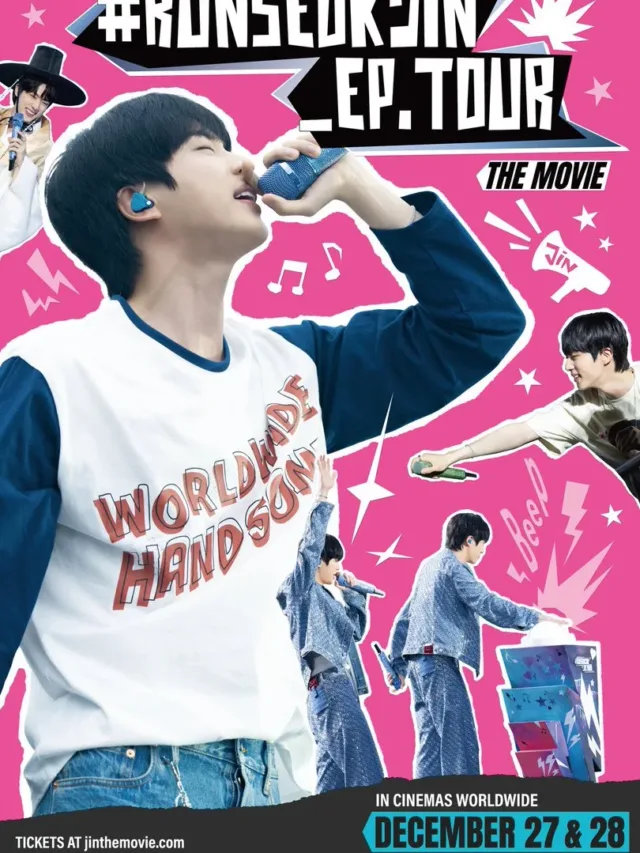

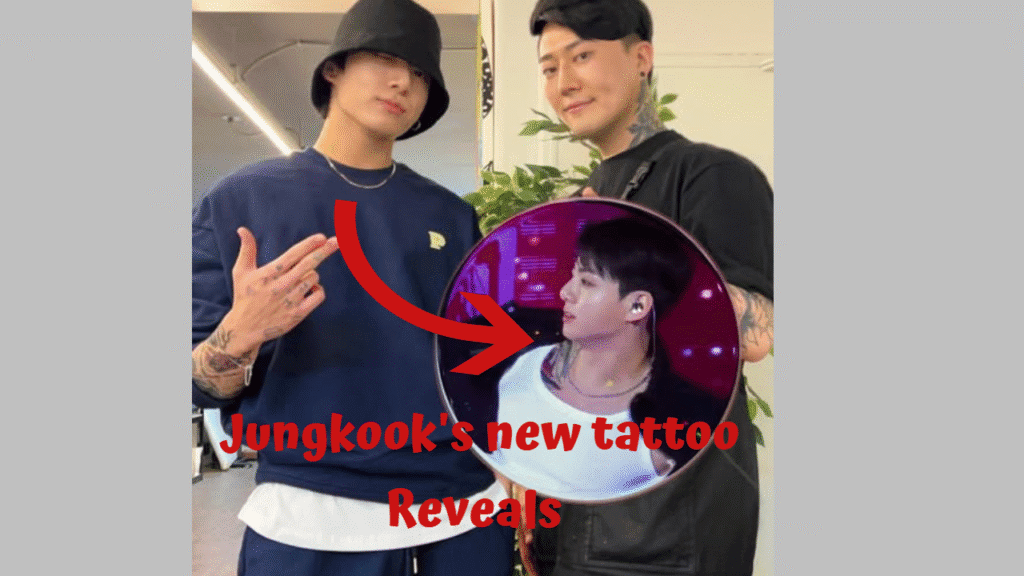
Pingback: BTS Comeback for March 2026 Confirmed!: A New Era Begins - kpopxclusive
Pingback: BTS J-Hope 2026 World Tour: Major Comeback Plans Revealed - kpopxclusive
Pingback: BTS Suga Military Service Extended Compared to the Other Members Why? - kpopxclusive
Pingback: J-Hope Final Concert: BTS Unites with 520,000 ARMYs for Emotional Goodbye - kpopxclusive
Pingback: BTS Is Back in March: Fans Rejoice Over Anticipated Comeback - kpopxclusive